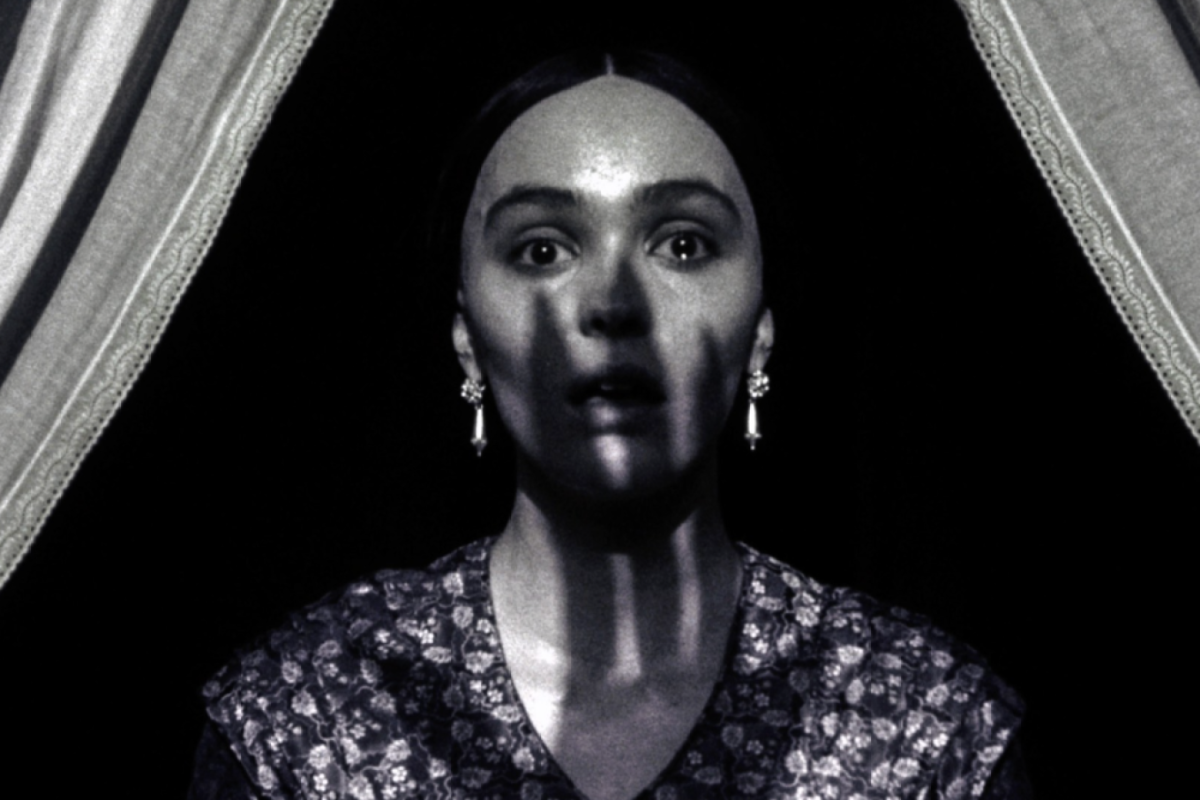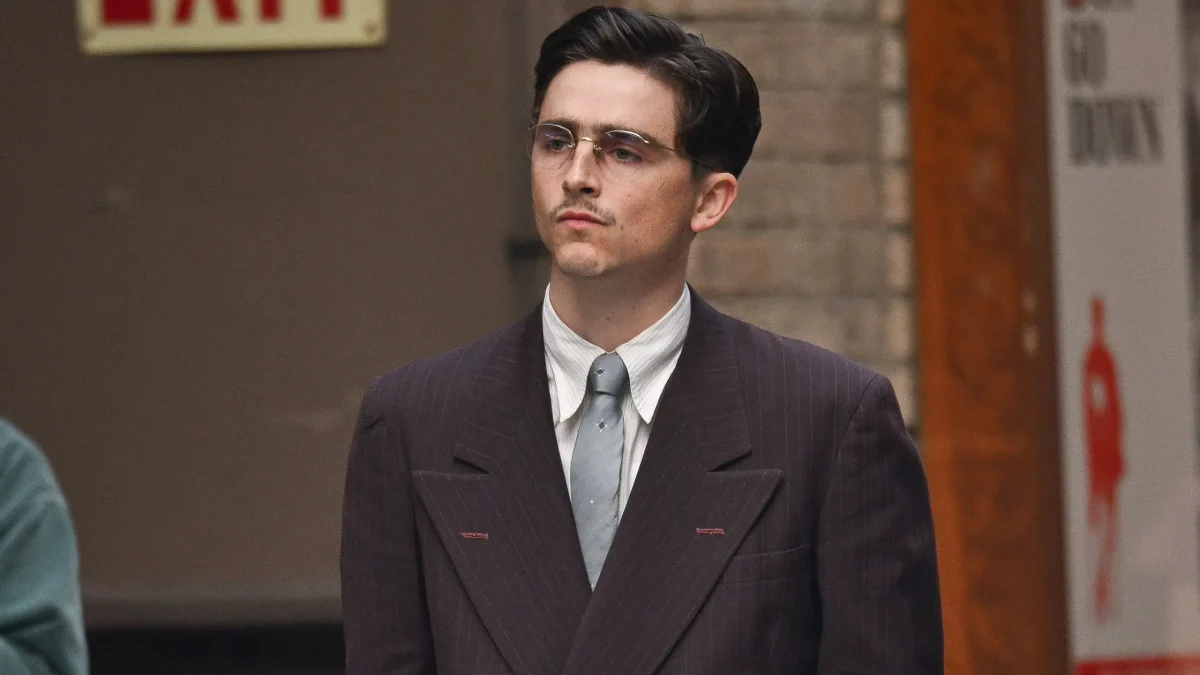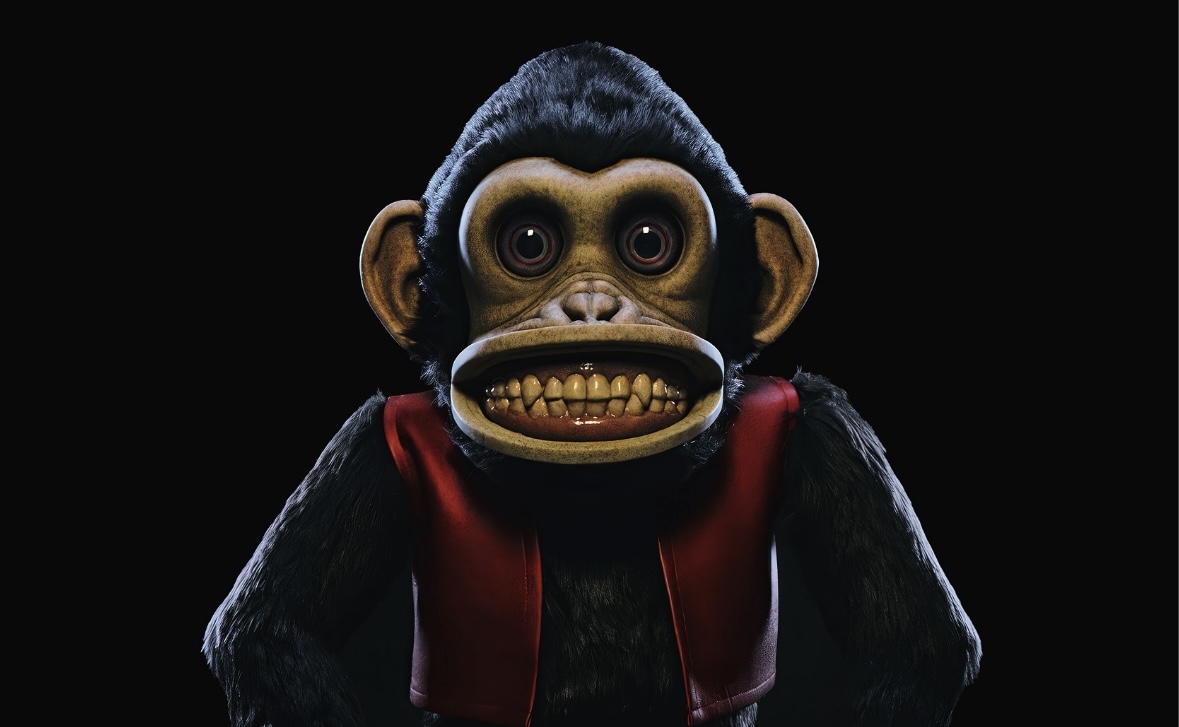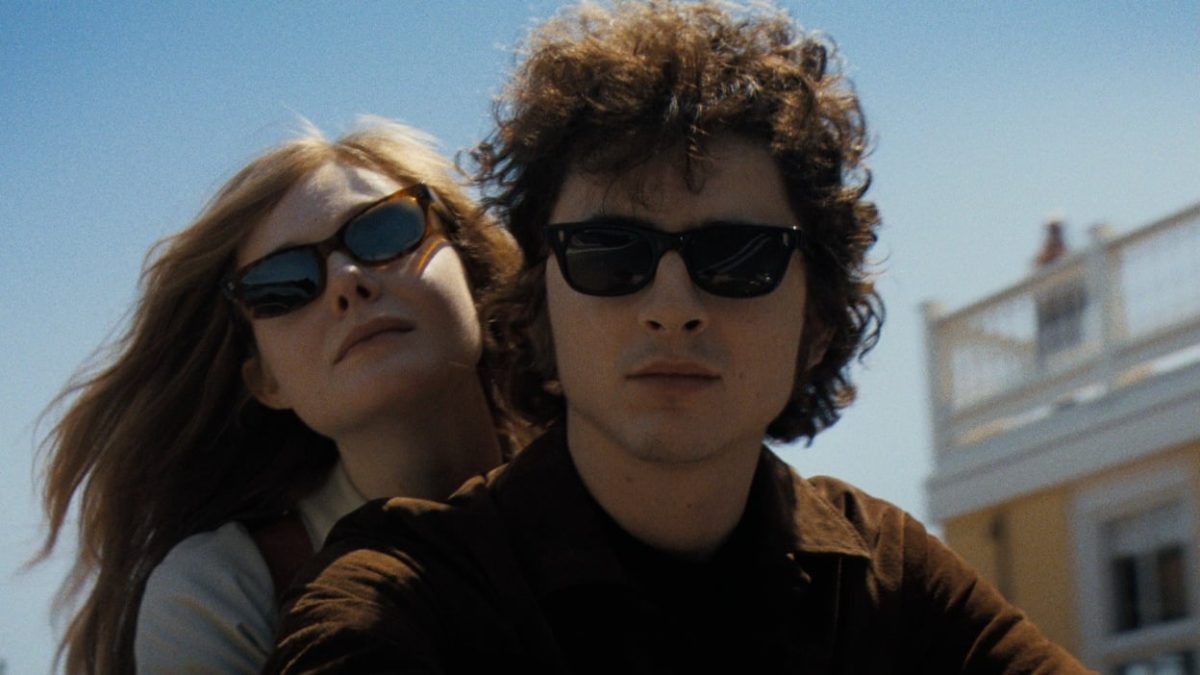Martin Scorsese’s much anticipated follow-up to his 2006 Academy Award winning hit, The Departed, has finally docked at theatres nationwide. Shutter Island, a film adaptation of the Dennis Lehane novel of the same name, is a psychological thriller revolving around a mysterious mental institution for the criminally insane.
Teddy Daniels (Leonardo DiCaprio, The Departed) is a federal marshal who is being sent to investigate the disappearance of a female patient, Rachel Solando, from Ashecliffe Hospital, located on a Shutter Island off the coast of Boston in 1954. Along with his new partner, Chuck Aule (Mark Ruffalo, Zodiac), Teddy is perplexed as to how someone could’ve escaped the seemingly impenetrable institution.
Attempting to help them, but often providing information that leads to more questions than answers, is the institution’s head psychologist, Dr. Cawley (Sir Ben Kingsley, Lucky Number Slevin). Cawley feels empathy for his disturbed patients, even the ones who killed many people, and seems to be protecting the institution and hiding the truth from Daniels and Aule.
However, as their stay on the island is extended by an intense tropical storm, Chuck and Teddy realize that they may have bitten off more than they can chew. As the hours pass, Teddy begins to have hallucinations and questions whom he can trust and what is really going on at Ashecliffe Hospital. Eventually Teddy learns more than he wants to know and struggles to find a way off the island, often encouraged by visions of his beloved (and deceased) wife, Dolores Chanal (Michelle Williams, Brokeback Mountain).
In Scorsese’s first thriller since 1991’s hit Cape Fear remake, he stretches the limits of audiences’ minds in ways that confound and perplex, much in the spirit of Lehane’s masterful novel. When the movie’s climax reveals the truths of Shutter Island, the shock comes more from how the resolution was arrived at more than the actual resolution itself. Astute filmgoers will certainly notice several fast cuts and edits, along with intentional continuity errors that make sense once the film’s credits roll. Though Shutter Island may not be Scorsese’s best film, it is certainly one of his most thought provoking and emotional.
Aside from Scorsese’s terrific and nuanced direction, Shutter Island also benefits from a fantastic ensemble cast. The movie belongs to Leonardo DiCaprio, who, as the frantic Teddy Daniels, is the plot’s driving force. Daniels’ internal and external struggles are displayed brilliantly by DiCaprio, and his emotional dream sequences and realizations are perfectly done.
The performances surrounding DiCaprio not only improve his turn, but also greatly enhance the film. Sir Ben Kingsley, whose film choices over the past decade can be described as questionable at best, delivers his best performance since 2000’s Sexy Beast. Kingsley’s Cawley is articulate, elegant and perfectly walks the line between good and bad.
Mark Ruffalo is solid in his role as Teddy’s partner, Chuck Aule, though Chuck’s character is greatly cut down from Lehane’s novel. Michelle Williams, Emily Mortimer and Patricia Clarkson all give brilliant work with the little screen time they have. Jackie Earle Haley continues his typecasting as a psychopathic prisoner, but, as usual, he is spot on in such parts. And film legend Max von Sydow makes every line count as the sinister German psychiatrist, Dr. Naehring.
Technically speaking, Shutter Island delivers the quality one would expect from a Scorsese film. Frequent collaborators Thelma Schoonmaker (film editing) and Robert Richardson (cinematography) assist Scorsese in this beautiful looking film It seems Scorsese and his crew knew what they were going for, and the results are nothing short of a great tribute to the masters of suspense like Alfred Hitchcock.
Shutter Island is a thinking man’s thriller and is an incredibly bright spot for 2010, especially so early in the year. One wants to revisit to try and catch things missed the first time around, which will hopefully help it remain fresh in people’s minds as the deluge of subpar films that have been released so far this year quickly fade into obscurity.









